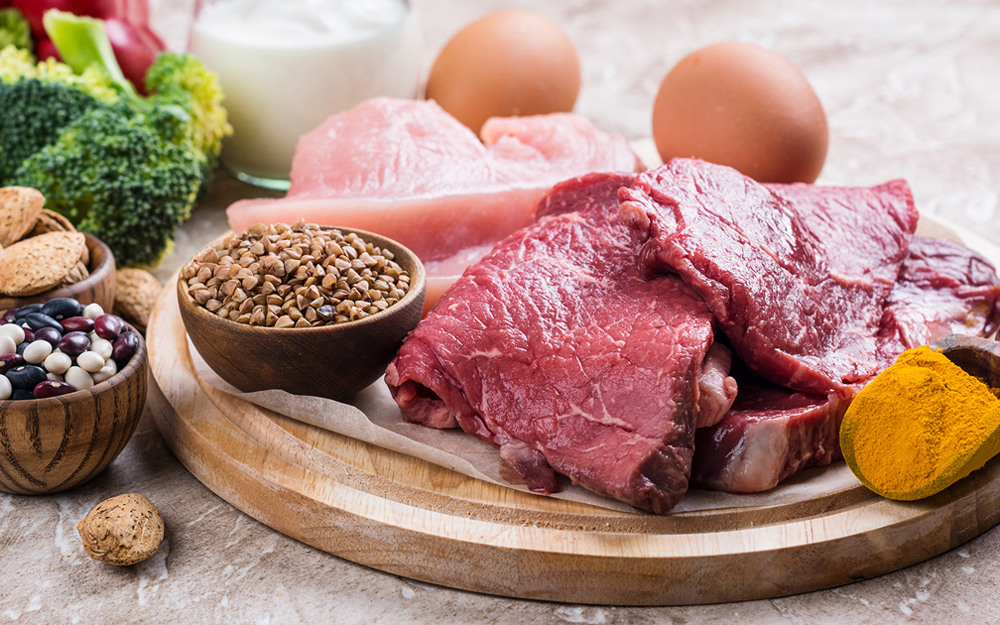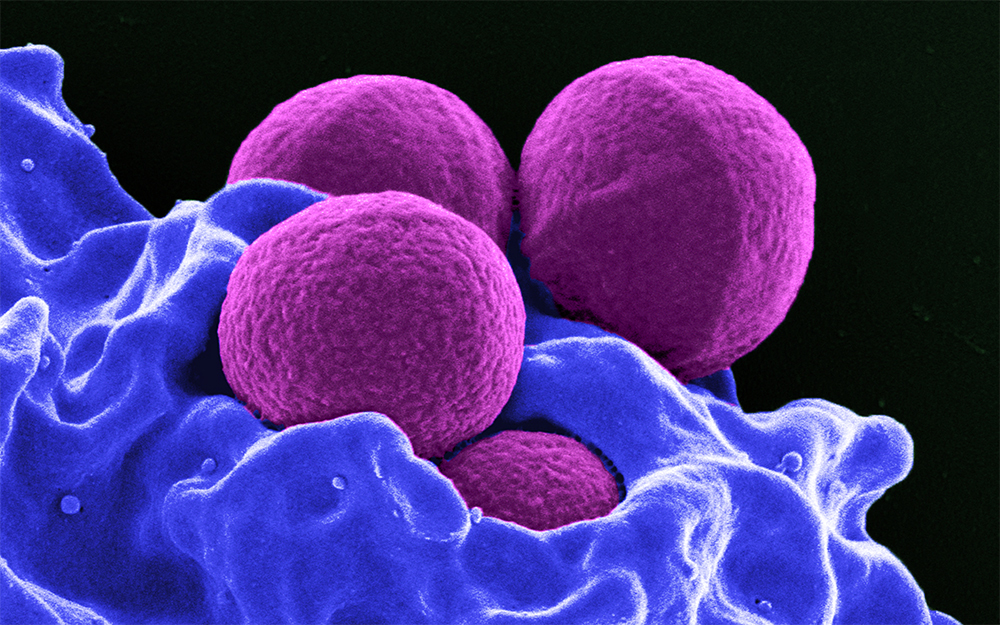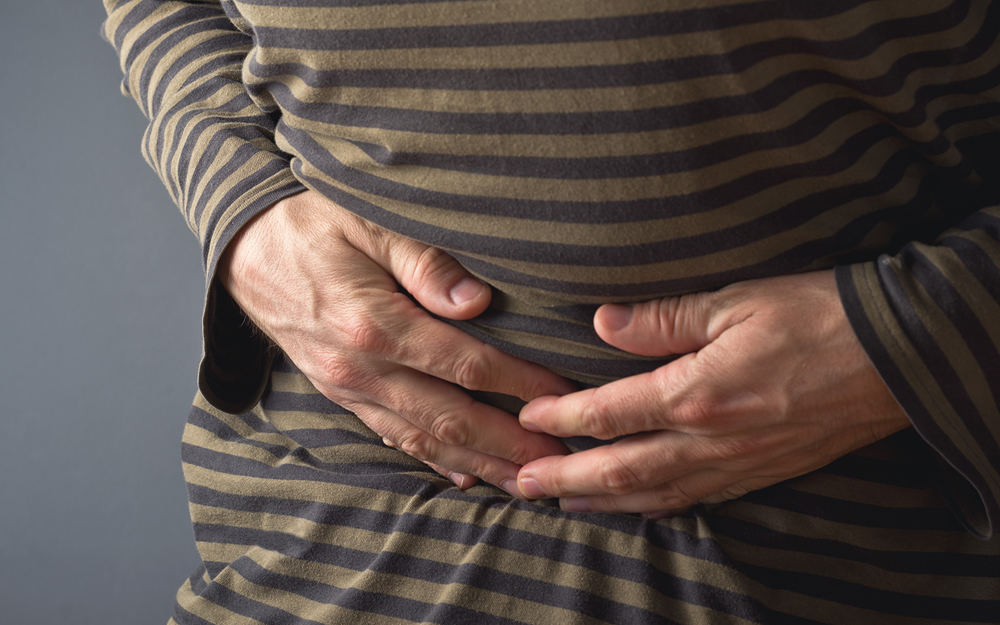Should You Take Probiotics and Prebiotics?
Date
November 13, 2024
Credits

Date
November 13, 2024
Credits
Medical providers featured in this article

In Brief
{{cta-block}}
Probiotics and prebiotics seem ubiquitous. Bottles line pharmacy shelves, pediatricians often recommend them for babies, and both have even made their way into sodas.
Boosters claim these supplements can heal digestive issues, boost immunity, improve mental health and even reduce the risk of cancer and heart disease. The probiotics market was worth nearly $88 billion in 2023.
But while the importance of gut health is well-established, the jury is still out on whether taking probiotics is helpful beyond a narrow range of conditions. In some cases, they can even backfire. There’s more evidence that prebiotics have beneficial effects, but supplements aren’t usually necessary.
What Are Probiotics and Prebiotics?
Probiotics are live microorganisms, including bacteria, yeast and fungi, meant to improve the balance of flora in the gut and confer health benefits.
Prebiotics, typically consisting of dietary fiber, provide food for healthy bacteria and enable them to grow.
Both are found naturally in a variety of foods. As dietary supplements, they take the form of capsules, liquids, chewable tablets and powders.
Are Probiotics and Prebiotics Effective?
“Probiotics are one of the greatest marketing schemes because you don't know if they're working—you're just hoping,” said Suzanne Devkota, PhD, director of the Cedars-Sinai Human Microbiome Research Institute.
After reviewing multiple studies, the American Gastroenterological Association found a lack of evidence to support using probiotics for most digestive issues. There were three exceptions: preventing C. difficile, a type of bacterial infection, in adults and kids taking antibiotics; preventing necrotizing enterocolitis, a serious illness involving colon inflammation in preterm infants with low birth weight; and managing pouchitis, a complication of certain diseases.
{{providers}}
Children under age 5 benefit most from probiotics, according to Devkota. Some data suggests probiotics can help with common ailments, such as gassiness and reflux, as well as severe digestive conditions.
“The microbiome is most dynamic in this early period of life, and you’re born pretty much sterile, so it’s a blank slate to colonize,” Devkota said.
Research is lacking when it comes to the role of probiotics in immunity, allergies, mental health and other diseases, Devkota said. Many studies have small sample sizes or were done in mice, so findings don’t neatly translate to humans.
“I don’t deny that they might work for certain people, but it’s really hard to predict who those people will be,” Devkota said. “It’s something you can try, but I can’t tell you the mechanism for how it might work.”
Prebiotics, on the other hand, which often consist of diverse fiber sources, can be an effective way to support the growth of “good” bacteria, Devkota said.
The Problem with Probiotics
Taking probiotics may work less well because adults’ microbiomes are relatively fixed, and a probiotic contains up to 80 billion bacteria compared to 100 trillion in the gut.
“You’re putting a drop of dye in the ocean,” Devkota said.
Plus, everyone’s microbiome varies, and it’s hard to know how different probiotic strains will affect each person. The same is true for prebiotics.
“If I put the same fertilizer on land in the tundra, in the rainforest and in the prairies, different things will grow,” said gastroenterologist and medical director of GI Motility at Cedars-Sinai Ali Rezaie, MD.
The FDA has approved only a small list of probiotic strains, out of thousands. Completing clinical trials for each, along with combinations, is impossible. Besides, most people don’t know which flora they’re missing, and if they ingest bacteria already present in their gut, the bacteria from the pill often won't colonize.
Probiotics are likely to improve as more research emerges.
“Over the next 10 years, probiotics are going to go through a renaissance,” Devkota said.
A More Effective Approach
For now, microbiome testing kits can help identify bacteria you lack, but they can be costly and represent one point in time. Those who take probiotics or prebiotics can experience bloating and flatulence. Doctors advise people who are pregnant, breastfeeding or immunosuppressed to avoid them. They no longer recommend taking them after most antibiotics, since studies show they can delay recolonization of the gut with “good” bacteria.
A diverse diet is the best way to consume prebiotics and support the growth of healthy bacteria. That means following established nutritional guidelines, avoiding ultra-processed food and artificial additives, and eating a variety of plants, including vegetables and grains like quinoa and rice. Spacing out meals, rather than grazing, and not eating for eight hours overnight also improves the microbiome.
“Save your money, and eat healthy,” Rezaie said. “I wish there were a pill that would give me a six-pack without doing a workout, but that’s not how life works.”






